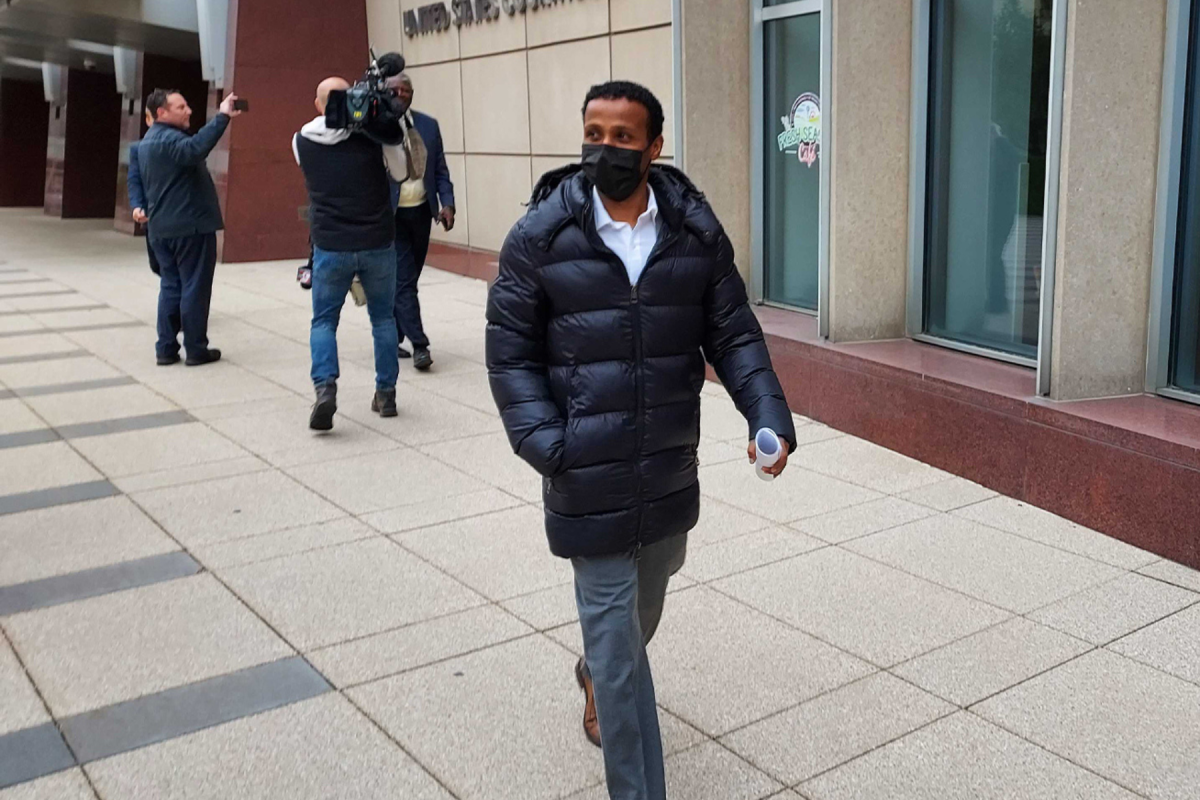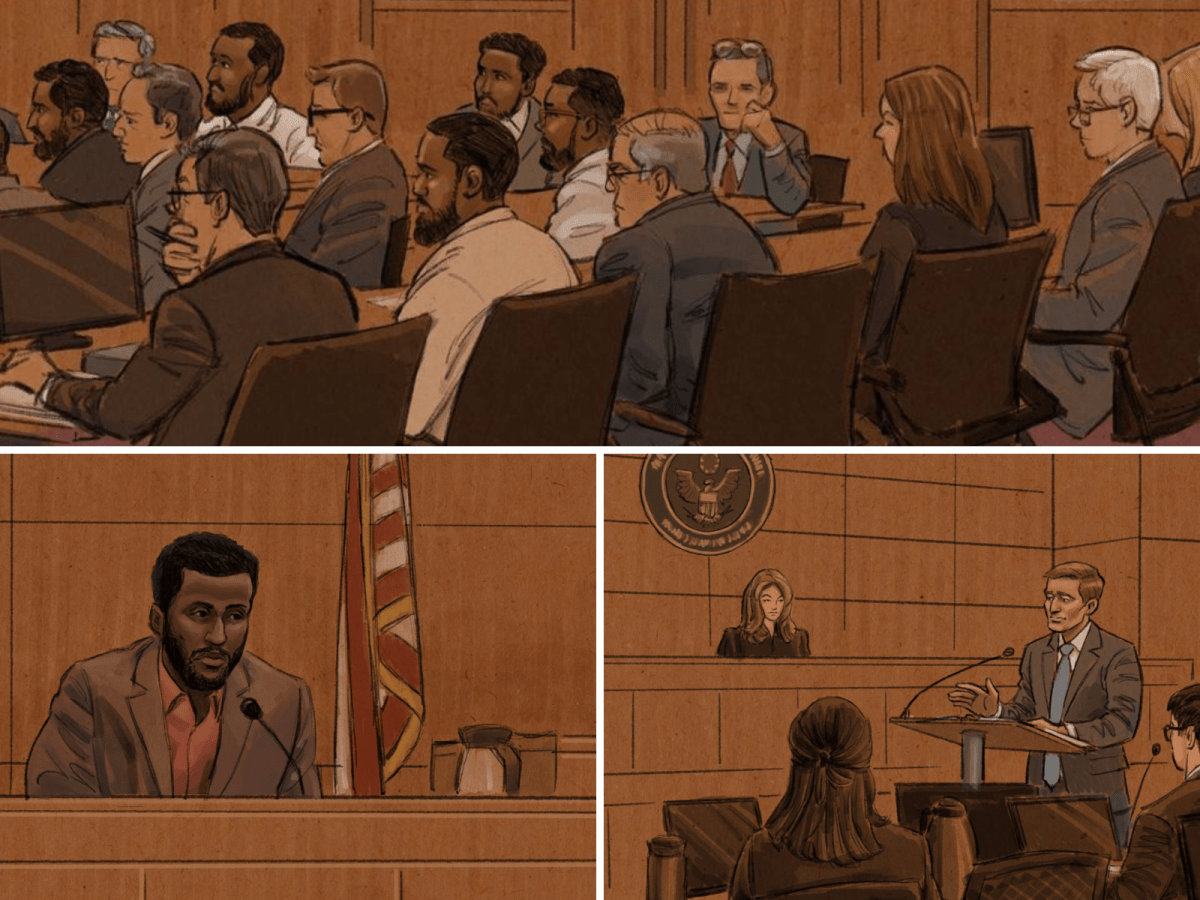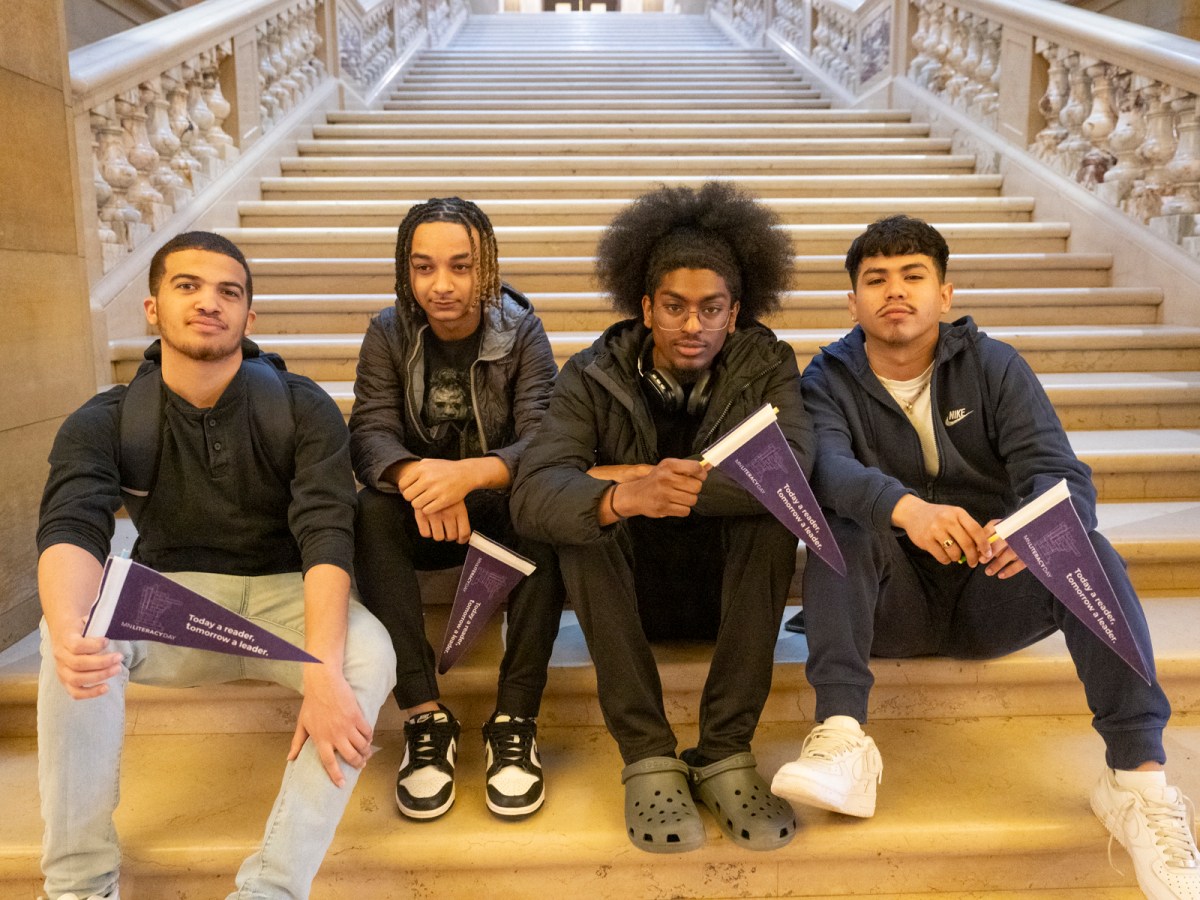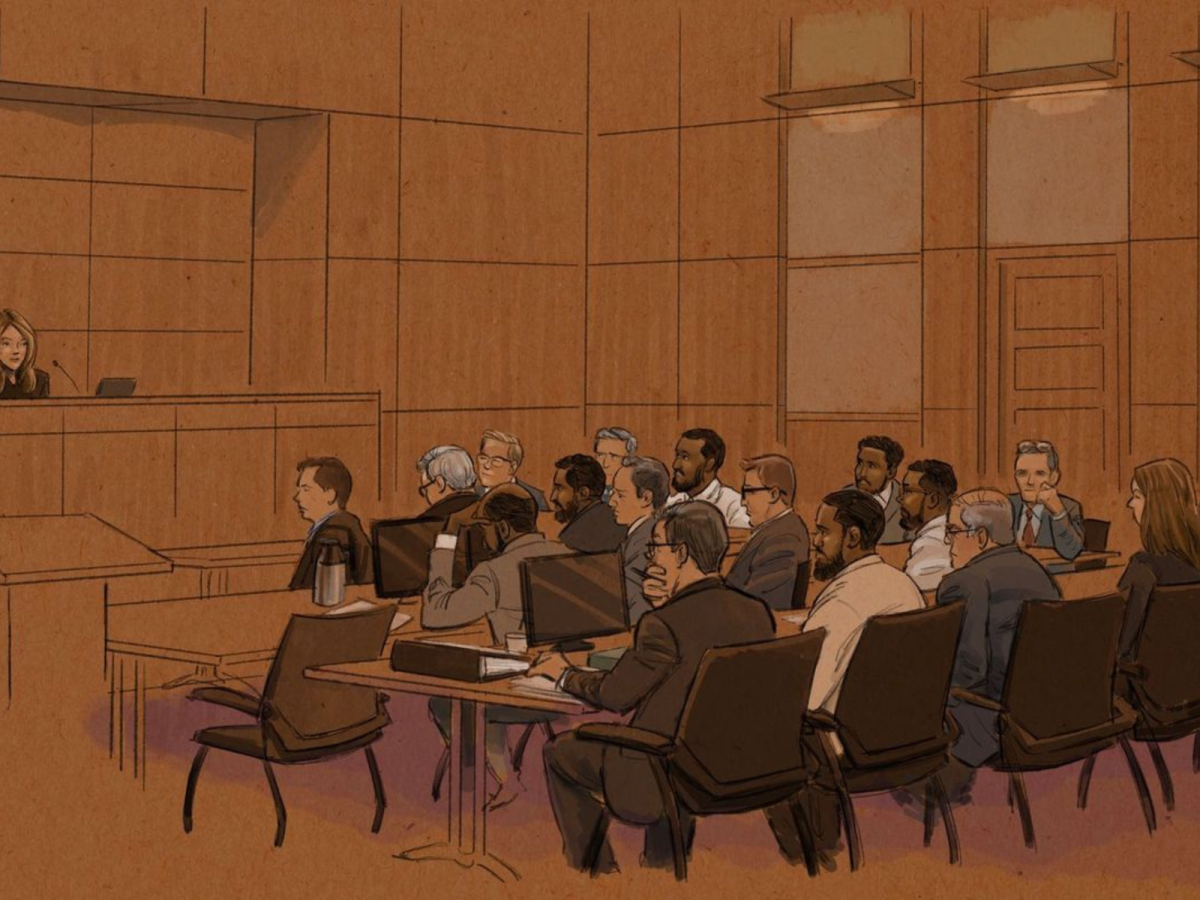Defense attorneys cross-examined a former Feeding Our Future employee for hours Thursday, repeatedly questioning his credibility and motives for cooperating with the government’s investigation into an alleged $250 million fraud scheme.
The grilling came a day after Hadith Ahmed, 34, first testified that he created a shell company that committed $1 million in fraud, and that Feeding Our Future was the center of widespread fraud involving more than 200 people. Defense attorneys tried to show that Hadith cooperated with an FBI investigation into the alleged fraud in order to spare himself prison time.
Hadith testified Thursday that as part of his agreement to plead guilty in October 2022 to one count of conspiracy to commit wire fraud, prosecutors said they would ask for a shorter prison sentence—or downward departure—when he is sentenced. Hadith said he also met with law enforcement in 2022 to provide information about his involvement in the case.
“You’re hoping the downward departure goes from 4 to 5 years to 0 years” in prison, asked defense attorney Edward Sapone, who is representing Abdimajid Nur.
“I hope,” Hadith said.
Hadith testified Wednesday and Thursday in the joint trial of seven defendants who are accused of falsely reporting the number of meals they served underprivileged children in order to receive federal reimbursement through the Child Nutrition Program. They are charged with allegedly stealing $40 million, and face a total of 41 criminal charges, including money laundering, fraud, and bribery.
Hadith was a site supervisor for Feeding Our Future, and testified Wednesday that the nonprofit was “crazy” and full of “chaos.” He testified that he accepted more than $1 million in kickbacks from businesses to help fastrack the process of getting them their federal reimbursements, which were proportional to the number of meals they reported serving to local children. He testified that his job was to ensure that other supervisors at Feeding Our Future were inspecting food sites to verify that they were serving children. However, the inspections rarely happened, said Hadith, who also admitted that he “didn’t do anything” to fulfill his responsibilities.
U.S. Assistant Attorney Harry Jacobs asked Hadith Thursday if he thought he would have to spend time in prison for his crimes.
Yes, Hadith said.
“Why?” Jacobs asked.
“Because of what I did, and all the fraud I committed,” Hadith replied.
Defense attorneys also questioned Hadith’s credibility, pointing to how he was “dishonest” and didn’t come forward until he was approached by law enforcement. A paper trail of evidence convinced Hadith that the government had a case against him, they said in their cross-examination.
“You wanted to get away with it?” Sapone asked, referring to Hadith’s crimes.
“Of course,” Hadith replied.
Defense attorney Andrew Birrell, who is representing Abdiaziz Farah, showed numerous copies of checks that were made out to Hadith and his company, Mizal Consulting, that he created to receive the kickback payments.
Birrell asked if any of the checks were written by companies affiliated with Abdiaziz, or if Abdiaziz was mentioned in Hadith’s plea agreement. No, Hadith said.
Hadith also testified under cross-examination by defense attorneys that he did not visit many of the food sites, so he could not confirm that no meals were being served. Prosecutors allege that the defendants on trial and many other suspects in the case reported serving thousands more meals than they actually provided, or served no children at all, in order to obtain federal funds.
The questioning got tense at times between defense attorneys and Hadith, whoh often said he could not answer a question, or that he didn’t know the answer. He frequently could not recall testimony that he gave the previous day.
The defendants on trial allegedly shuffled stolen money through shell companies and used it to buy flashy cars, lavish vacations, and luxury real estate, among other purchases.
The case is part of a larger investigation federal prosecutors have described as the nation’s largest coordinated COVID-19 fraud against the government. Seventy people were charged in the case for stealing $250 million. Eighteen defendants have pleaded guilty and await sentencing.
The Minnesota Department of Education distributed the federal funds to sponsor organizations like Feeding Our Future and Partners in Quality Care. The sponsor organizations then dispersed those funds to food vendors and food sites, which were supposed to provide ready-to-eat meals to local children.
Several organizations reported serving thousands more meals than they actually did, or simply never served any meals at all, in order to receive more federal money, according to prosecutors. Those funds were then allegedly pocketed by the perpetrators.
The sponsor organizations were supposed to vet the number of meals the vendors and sites reported serving before sharing that information with the education department.
The trial started April 22, and is expected to last until the end of May or mid-June.
Who’s on trial?
The defendants on trial are facing a total of 41 charges, including wire fraud, bribery and money laundering. They mostly worked for businesses that used Partners in Quality Care as a sponsor.
The defendants are:
- Abdiaziz Farah co-owned Empire Cuisine and Market. Federal prosecutors allege that the Shakopee-based deli and grocery store posed as a meals provider for several food sites, and defrauded the government out of $28 million. Abdiaziz allegedly pocketed more than $8 million for himself. He is also charged with lying on an application to renew his passport after federal agents seized his passport as part of their investigation.
- Mohamed Jama Ismail co-owned Empire Cuisine and Market. Mohamed is Abdiziz’s uncle. He is also owner of MZ Market LLC, which prosecutors allege was a shell company used to launder the stolen money. Mohamed allegedly pocketed $2.2 million. He previously pleaded guilty to passport fraud.
- Abdimajid Nur allegedly created a shell company, Nur Consulting, and laundered stolen money from Empire Cuisine and ThinkTechAct, other alleged shell companies. Abdimajid, who was 21 at the time of his indictment, allegedly pocketed $900,000.
- Hayat Nur allegedly submitted fake meal counts and invoices served at food sites. Court documents identify Hayat as Abdimajid’s sister. Hayat allegedly pocketed $30,000.
- Said Farah co-owned Bushra Wholesalers, which allegedly laundered money by claiming to be a food vendor that provided meals to food sites that then reportedly served children. Court documents identify Said as Abdiaziz’s brother. Said allegedly pocketed more than $1 million.
- Abdiwahab Aftin co-owned Bushra Wholesalers, and allegedly pocketed $435,000.
- Mukhtar Shariff served as CEO of Afrique Hospitality Group, and allegedly used the company to launder stolen money. He allegedly pocketed more than $1.3 million.






